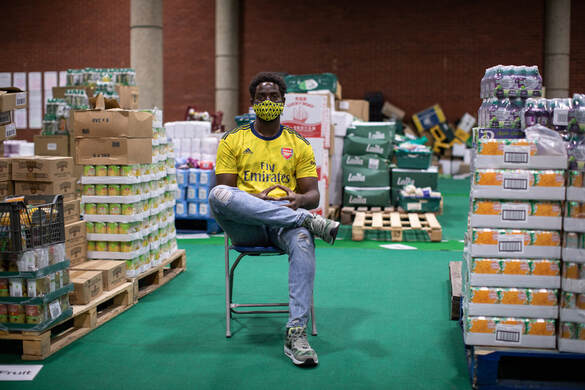Lambeth Stories.
There are many individuals and community organisations in Lambeth that are tackling the impact of poverty and inequality, both in their own
lives and in their neighbourhoods. The Foundation is privileged to support these people. Here are some of their stories.
lives and in their neighbourhoods. The Foundation is privileged to support these people. Here are some of their stories.
